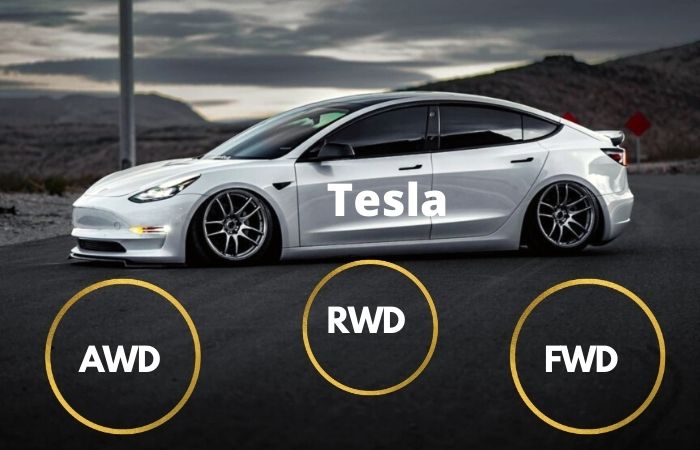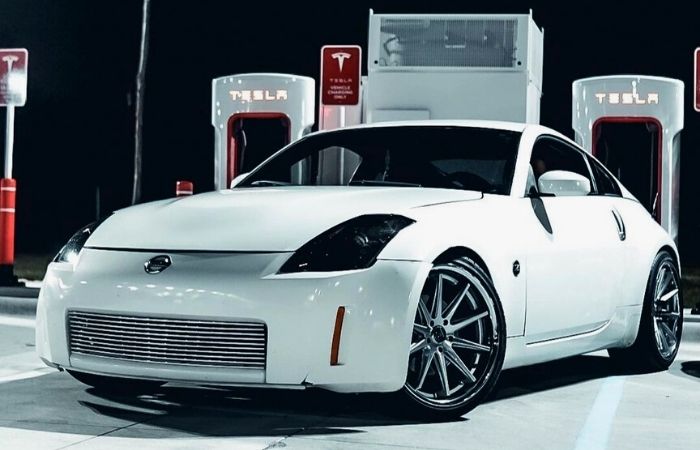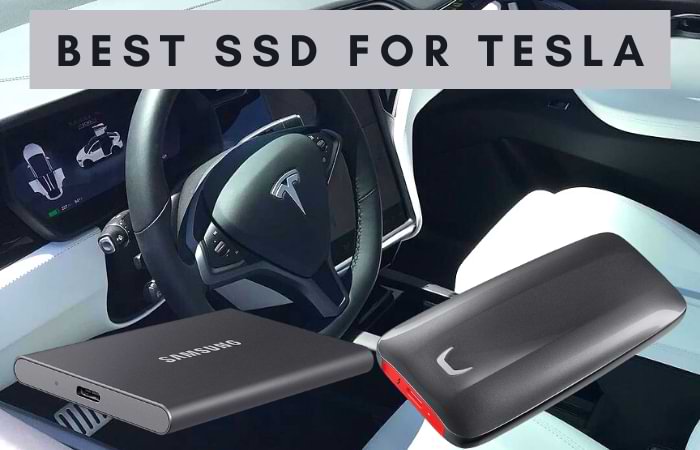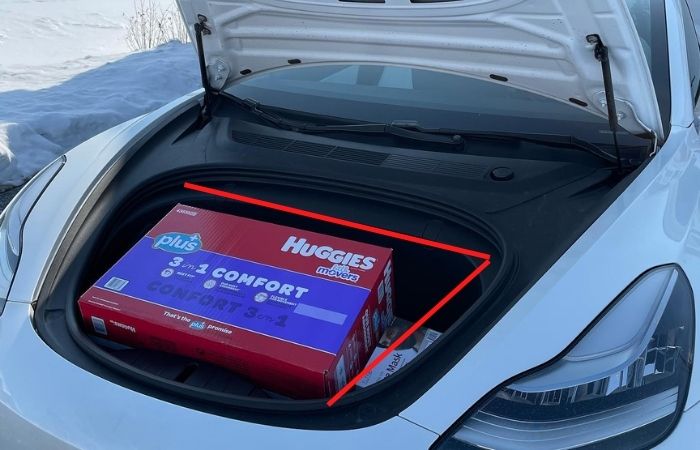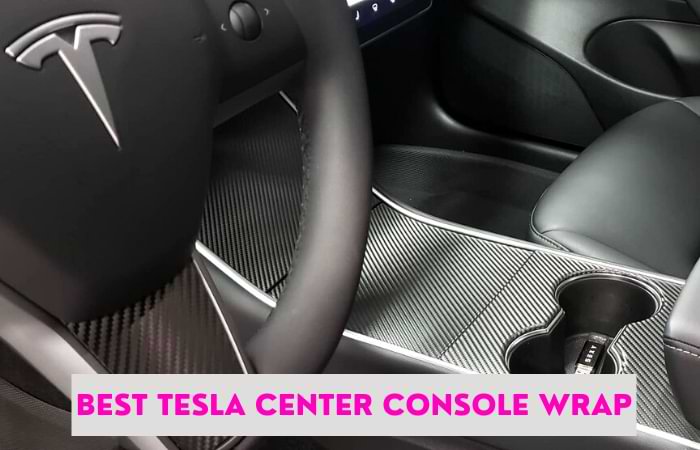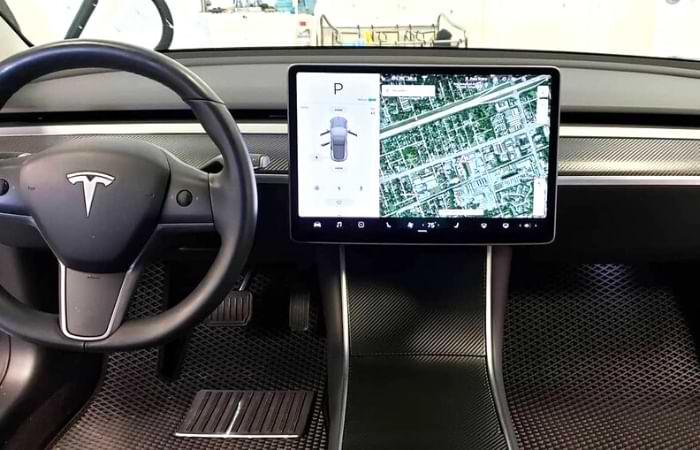How much does it cost to charge an EV?
We use affiliate links and may receive a small commission on purchases. Read more about us.
Not all EV charging stations are free. Some public EV charging stations do provide complimentary free charging, but most will demand a certain amount to be paid.
Whether it will cost you money or not completely depends on where and how you are charging your Electric Vehicle.
For example, depending on the model you have, you may charge your Tesla from a Tesla charging station for free.
But doing the same task from a private charging station will demand you to spend a specific amount.


What are the types of EV charging stations?
The three different types of charging stations you will notice when it comes to charging an electric vehicle are-
- Home or Level 1
- Level 2 public charging station
- Level 3 or DC charging station
Home or Level 1 EV charging
This is the slowest charging method available. Level 1 charging is most popularly known as the home charger.
Most EV comes with a charging adapter so that one can easily charge his vehicle without making any modification to the home charging outlet.
A level 1 charger can add up to 7 miles to the range in one hour.
Connecting the charger overnight thus will add up to 35 miles to the total range.
Level 1 charging can be effective for those who drive 25 to 30 miles per day.
Level 2 public charging station
Level 2 charging is comparatively faster and requires a station to be built. Level 2 charging station usually requires a 240Volt charging outlet.
Most Level 2 charging stations are public. It is possible to juice up an electric vehicle up to 25miles after one hour of charging in a Level 2 public charging station.
Level 3 or DC charging station
DC charging or level 3 charging stations are not that prevalent but surely are the fastest.
This system uses DC current to rapidly charge any electric vehicle.
Only five minutes of charging in a DC charging system can add up to 50 miles to the total range.
While a level 2 charging system is universal to almost all EVs, only some specific vehicles can comply with a DC charging system.
Probably that is why DC charging stations are not that prevalent yet.


Are EV charging stations free?
Some EV charging stations are free, some are subscription-based, and most offer pay-as-you-go charging.
Therefore, there is simply no way one can say that a public EV charging station is completely free.
Complimentary charging is not for everyone. Getting complimentary juice from a Tesla charging station will require you to own a Tesla.
Taking your Hyundai or Nissan EV to a Tesla charging station will not allow you to get some free juice.
Does it cost to charge an EV at a public charging station
As we have mentioned in the previous section that charging an EV at a public charging station is either free, subscription-based, or you will have to pay for as much juice as you get from the charging station.
Therefore, the price of charging your EV will vary depending on where you are charging the vehicle.
Let’s dissect each of the categories to learn about the pricing of charging an EV-
Free charging station
Popular EV manufacturers including Tesla, Hyundai, and Nissan provide complimentary free charging.
Own a Tesla, Hyundai, or Nissan and you will get free complimentary charging from the respective charging station for free for the rest of your life.
The problem with free charging stations is that they are still not that prevalent all over the country. As a result, getting one may not be possible all the time.
If you are lucky enough to have a free public charging station nearby your office or home, you surely are saving a good amount every day.
Subscription-based EV charging
You subscribe to a specific plan, and you get to charge your vehicle whenever you want from the station.
Monthly, half-yearly, and yearly are the three most popular packages available when it comes to juicing up an electric vehicle.
Depending on the package you opt-in for, Subscription-based EV charging may cost $30, $80, and $150 respectively.
Still, this is a better bargain. Fuel-powered vehicles tend to cost four times the money you spend on charging an electric vehicle.
Pay-as-you go charging
Pay-as-you-go is the most popular charging option available on a public EV charging station. You pay for what you get.
The user has to pay depending on per kWh charging. Depending on the region you are living in, per kWh charging will cost 15 cents to 30 cents on a public station.
That means juicing up a 40-kWh battery will cost $6 to $12.
Anyway, we are talking about a level 2 public charging station here.
Juicing up an EV from a Level 3 or DC charging station would cost a little more than a Level 2 charging station.
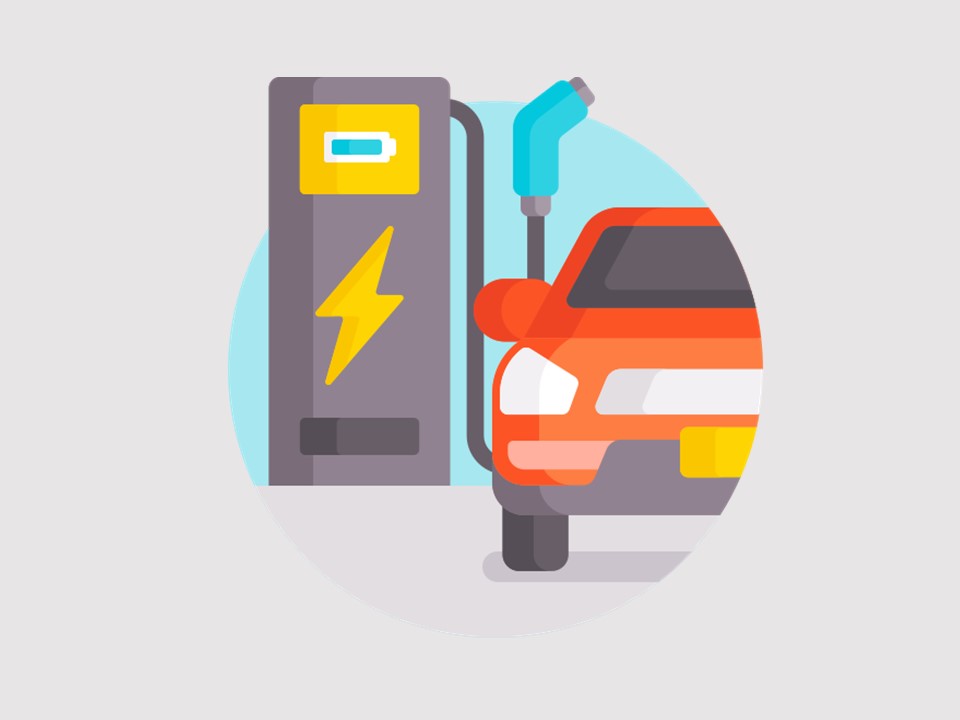

Cost to charge an EV at home
Home charging is slow. Even if you plug the charger in overnight, half of the battery will hardly juice up. But still, home charging is a popular option.
How much it will cost to charge an electric vehicle at home completely depends on the electricity bill in your area.
For example, if your region charges 12 cents per kWh of charging, juicing up a 50-kWh battery will cost about $6.
If you change your vehicle every night, the monthly electricity bill will be around $150 to $180.
But you surely are not going to charge the battery to full every night. Therefore, the optimal electricity bill should suffice within $70/month.
Besides, juicing up the vehicle from a nearby public charging station will allow you to reduce the electricity bill even lower than $70.
Our guess is that charging an electric vehicle at home should suffice for $35 logically.
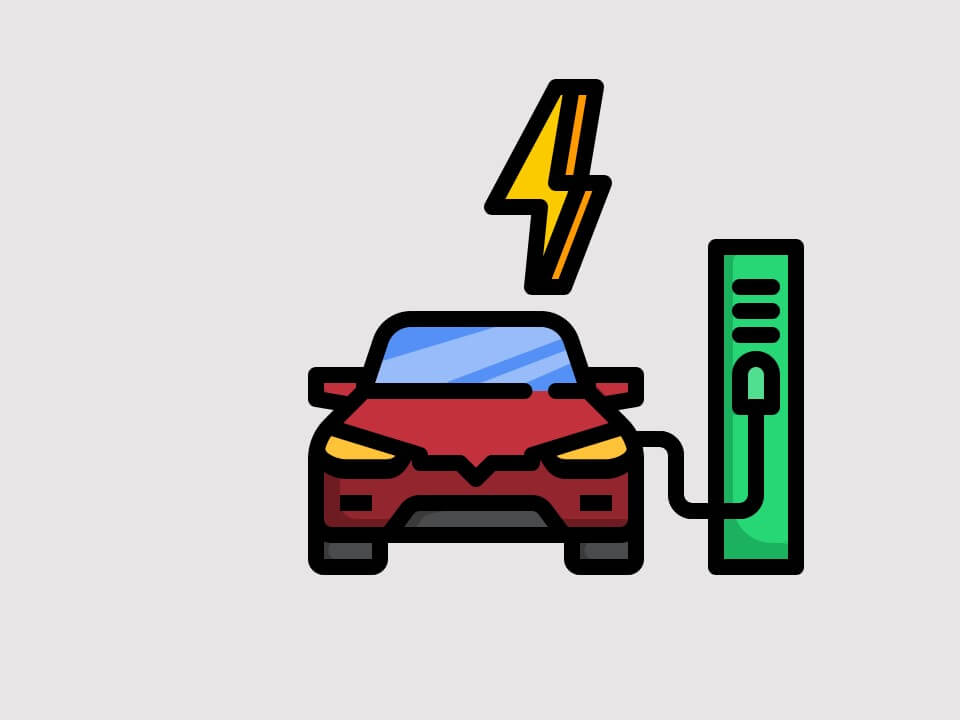

Find my nearby EV charging station
If you have a Tesla, the Tesla app will notify you about the nearby Tesla charging station.
If there is no or a few Tesla charging station in your area, you may use some third-party applications to get notifications about the nearby charging stations.
Before you install any app, it is essential that you check the reviews so that you can get the most effective solution on your phone.
Some apps will only notify you about the location of a specific charging station but not about the availability.
On the other hand, some highly configured electric car charging location apps can point out the details, availability, and functionality of the station so that you do not have to wait or disappoint.
How to charge an EV on a public charging station?
Charging an EV on a public charging station is super easy. All you need to do is connect the charging adapter that comes with the vehicle.
For example, with every Tesla Model, you will get a NEMA 14-50 adapter that can be used to charge the vehicle.
If you have an electric car from any other manufacturer, you should also get such an adapter to charge your vehicle.
Take the adapter with you to the station to charge your vehicle.
You can also set a level 2 charging station at home
Yes, home electricity uses 240V connectivity. That is enough to set up a level 2 charging station at home.
Just making the perfect placement is what it requires to set up a level 2 charging station at home.
If you have a garage at home, you simply have no worries. Setting up a new 240-Volt outlet in your garage and having a new fast charger will suffice to give your car some free juice at home.
Setting up a new level 2 charging station at home will cost nearly $650 to $950 including the installation cost.
If you have multiple EVs at home, this should be a perfect option to charge your vehicle instead of going to a public station where you may not get space all the time.
Electric vs gas-powered vehicle: cost analysis
Electric cars are nature friendly for sure. But how effective are they in terms of fuel economy? Let's find that out-
Category | Cost to charge or fuel |
40kWh battery (125 miles) | $7 |
25mpg | $3.50 |
125 miles in an electric car | $7 |
125 miles in a gas-powered car | $20+ |
Charging a 40kwH battery of an electric car with a range of 125 miles from a public charging station will cost nearly $7 or less.
If 25mpg costs around $3.50, driving 125 miles will cost around $22.
That means electric cars are two times cheaper in terms of fuel economy.
It is indeed true that EVs are far more expensive compared to hydraulic vehicles, but electric vehicles will always be a better investment in the long run.
Final verdict
Welcome to the new electric world. The number of electric vehicle charging stations may not be that high currently.
But it won’t take a long time to outnumber the present number at a huge marginal difference.
Until then, we hope you start loving EVs as we do.

